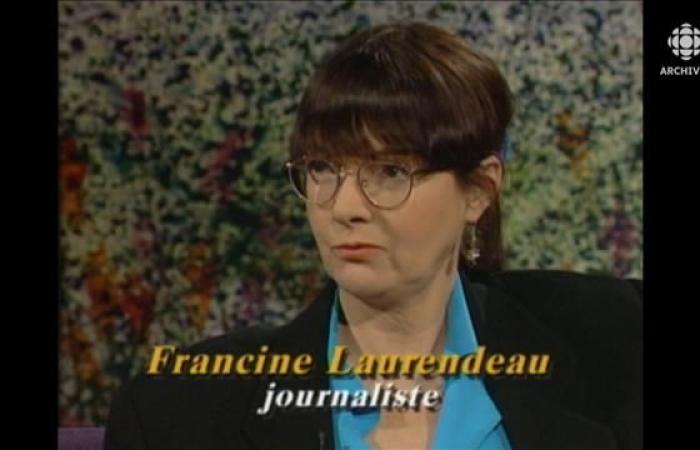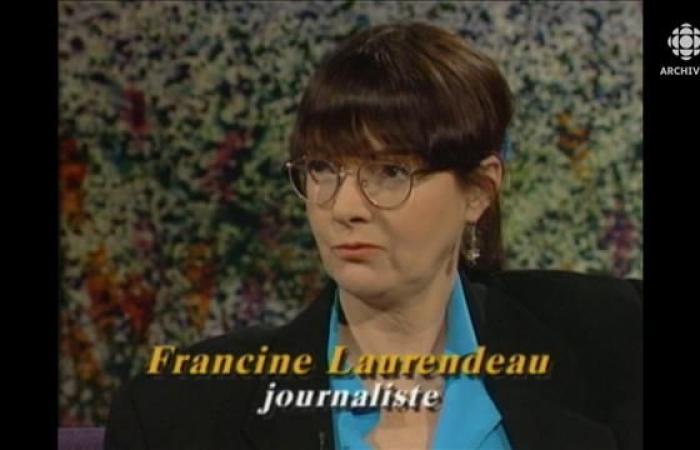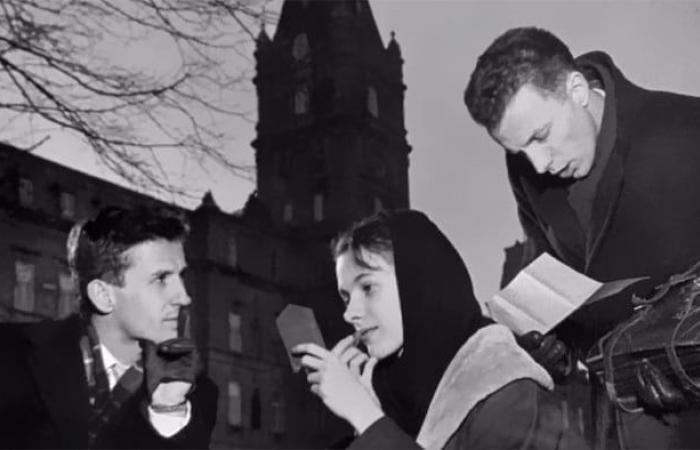The former film critic Francine Laurendeau, who has long written to The dutybut who was also an animator and director at Radio-Canada, died on Wednesday, according to the editions after all that had devoted him last year the book Francine Laurendeau, the one who loves.
Born in 1936, Francine Laurendeau was the daughter of the journalist and politician André Laurendeau.
Last March, journalist and photographer Jean Bourbeau published on the site ofUrbania An article telling her meeting with Francine Laurendeau as part of her volunteer work in a CHSLD. He explained that the former journalist had affected Alzheimer’s disease.
Grande Cinéphile, Francine Laurendeau was a film critic for The Duty Between 1978 and 1995, according to the Quebec newspaper.
She also worked for Radio-Canada, animating every week On the screena cinema radio program, on the cultural channel, which became a music space in 2004 then here music.
She was also a director for radio shows Present national edition, Present Sunday et Listening.
In 1994, Francine Laurendeau had spoken on the program The rush to art, Hosted by Marie Plourde, from her work as a journalist at the Cannes Film Festival.
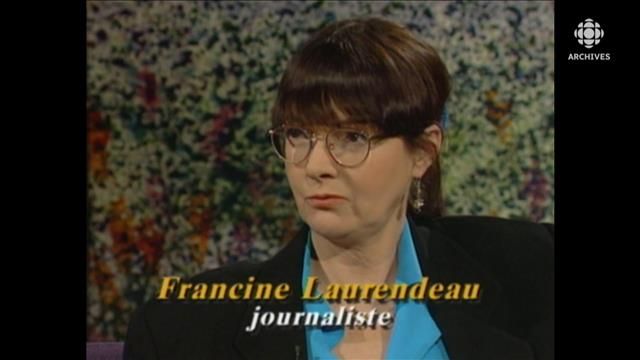
Interview with Francine Laurendeau.
A central role in the first student strike in Quebec
Before leaving a media career, Francine Laurendeau was one of the three delegated students in 1958 who tried to be received by Prime Minister Maurice Duplessis during the first student strike in Quebec.
At the time, she was a student at the University of Montreal.
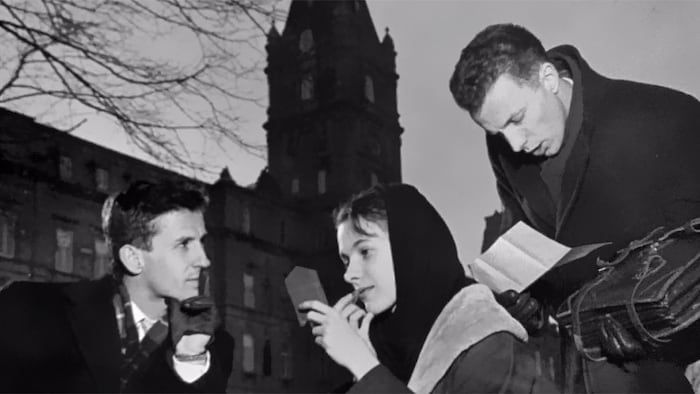
Open in full screen
Students Benoît Meloche, Francine Laurendeau and Jean-Pierre Goyer before the National Assembly of Quebec in 1958
Photo: screenshot of the film L’Histoire des Trois, by Jean-Claude Labrecque
In 1990, Francine Laurendeau was one of the figures of the documentary The story of the threeproduced by his spouse, filmmaker Jean-Claude Labrecque.
This film retraced the Montreal-Québec trip undertaken by Francine Laurendeau and the two other student delegates-Jean-Pierre Goyer and Bruno Meloche-to try to meet Duplessis and tell him about their fight to democratize access to the university.

